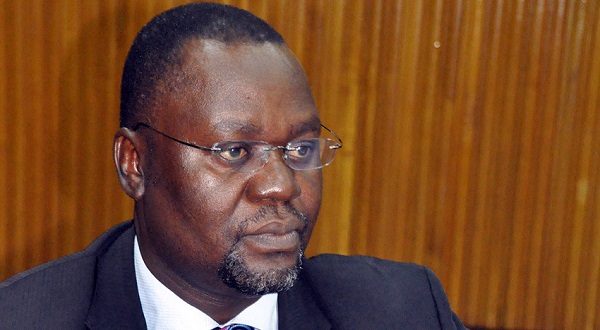
The report added that there was no separation between senior management and the board of directors in ICB or GBL, and that management took little account of depositors’ interests.
“The Board of ICB consisted of four members of the Katto family, including a six year-old child. GBL had two boards of directors but neither had a say in the running of the bank, run by the managing director alone through a tiny coterie of inner-circle of sycophants,” the report reads in part.
According to Prof. Phares Mutibwa’s book, `Bank of Uganda (1966-2016); a Historical Perspective’, throughout the 1990s Uganda witnessed bank failures because the Financial Institutions Statute 1993, gave BoU limited powers.
But even when BoU’s powers were boosted under the Financial Institutions Act (2004) and the FI (Amendments) Act of 2016, old problems remained as the collapse of the National Bank of Commerce (2012), Global Trust Bank (2014) and Crane Bank (2016), later showed.
BoU has since showed that tycoon Sudhir Ruparelia was also running Crane Bank in a similar fashion as the owners of ICB and GBL.
When it took Sudhir to court on July 03, 2016, BoU claimed that Sudhir concealed his 100% ownership of Crane Bank by introducing fake shareholders including his wife and three adult children, one Kasiklal Kantaria of a phantom company called White sapphire, one Jitendra Sanghani, and businessman Godfrey Kirumira.
The basis of these allegations was reportedly a forensic audit by Price Waterhouse Coopers, commissioned by the Central Bank.
Junior staff at BoU say they always raised red flags about the way Crane Bank was being run but these were always shunted aside.
Critics say that most of the mess in Crane Bank gained immunity due to collusion, corruption, insider trading and fraud that went undetected or was covered up.
But BoU’s biggest problem is over the manner in which it has always sold these banks. The Auditor General (AG) investigated the sale of these banks and found that BoU had undervalued assets of some of the defunct banks. In other cases, critical documents related to the sale had since disappeared.
All this trouble was resurrected by the takeover and sale of Crane Bank to DFCU. BoU controversially sold the bank to DFCU at Shs200 billion not cash. Sudhir says that his bank was valued at over one trillion shillings and is currently locked in a fight with BoU.
Initially, BoU officials appeared to have the upper hand in this fight as they sought to slap Sudhir with criminal charges. Some insiders are still pushing for this action.
But the turning point for Sudhir emerged when Justice David Wangutusi, kicked off the case the two key BoU lawyers Timothy Masembe Kanyerezi of MMAKS Advocates and David Mpanga of AF Mpanga/Bowmans on grounds of conflict of interest.
Sudhir had asked that the two are removed from the case because they represented Crane Bank until October 20, 2016, when BOU took over its management and thus the law firms shared confidential information with the central bank, which they were now using against him.
Tired of the endless fight between Sudhir and BoU, President Museveni had directed that the two settle out of court. However, officials at BoU are divided over this. While Mutebile had agreed to settle with Sudhir, his deputy Kasekende is convinced that Sudhir has no case and that BoU would trounce him in court.
As a result, efforts to settle have always been frustrated; keeping the fight between Sudhir and BoU raging. Museveni does not like that. He says he is increasingly tiring of this ping-pong that continues to erode BoU’s integrity.
However, the COSASE investigation in parliament will be before cameras and open to the entire public. How parliament handles that public glare and the sensitive information that might be unearthed and how President Museveni responds, might provide the concrete evidence about the President’s intentions on BoU, Kasekende, and Mutebile. Until then, questions will remain about what Museveni and Mutebile talk about when they meet.
 The Independent Uganda: You get the Truth we Pay the Price
The Independent Uganda: You get the Truth we Pay the Price



